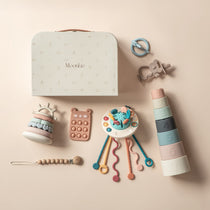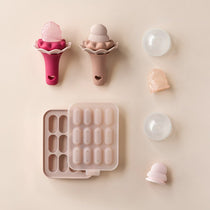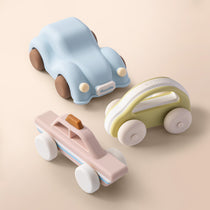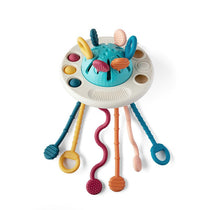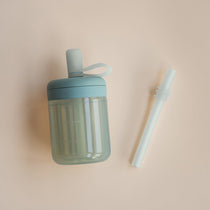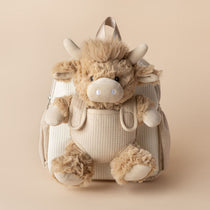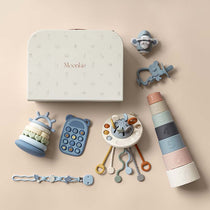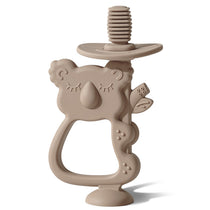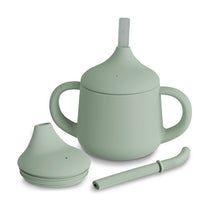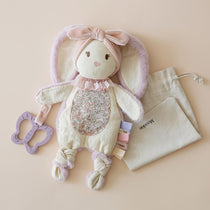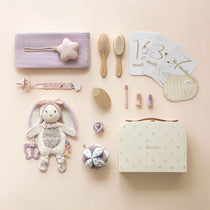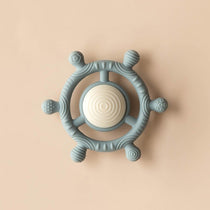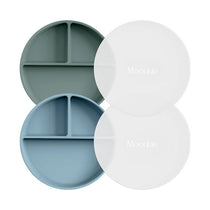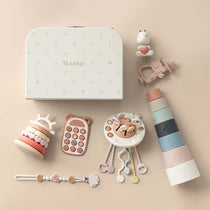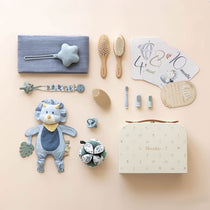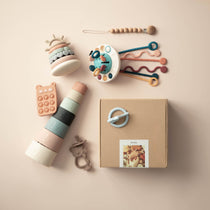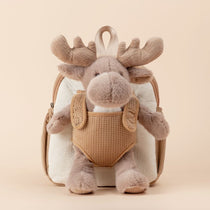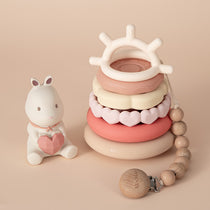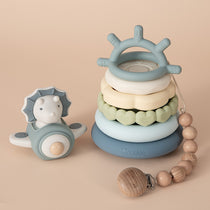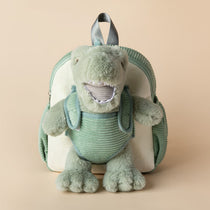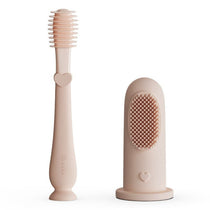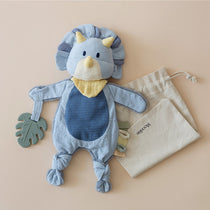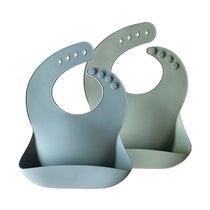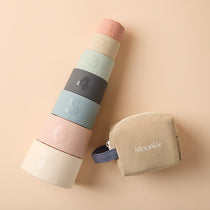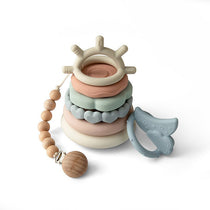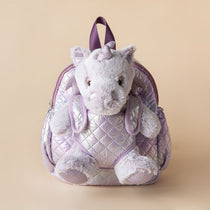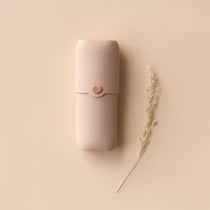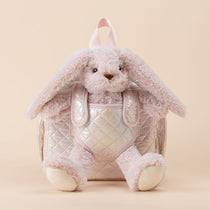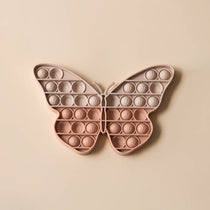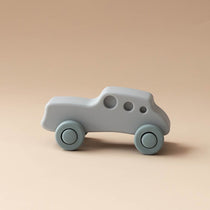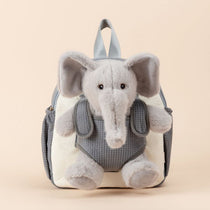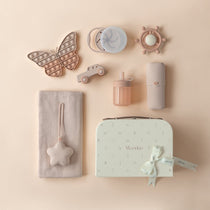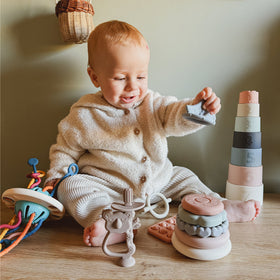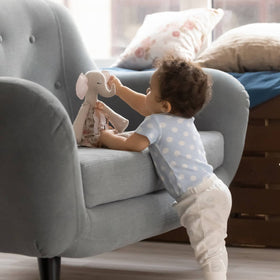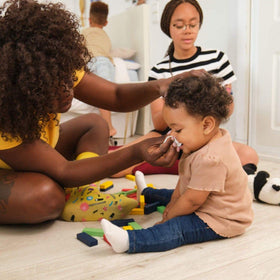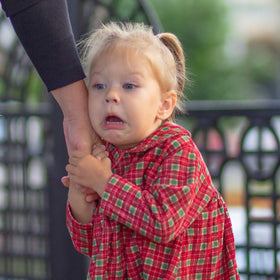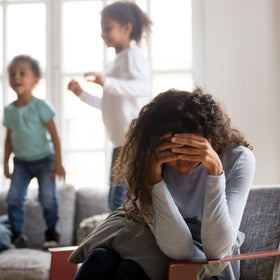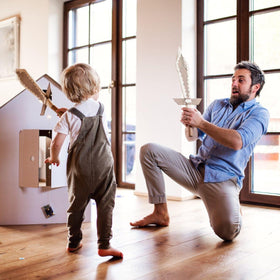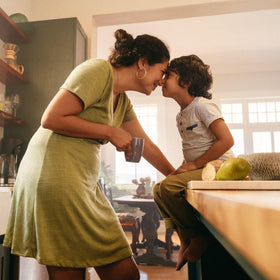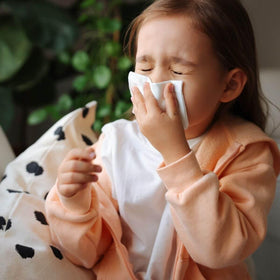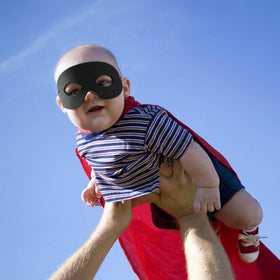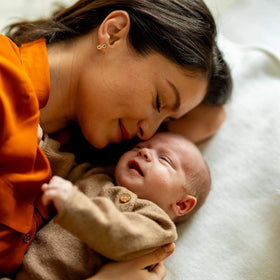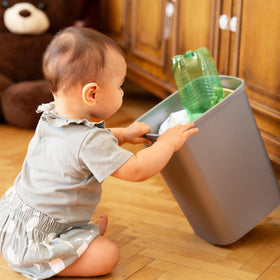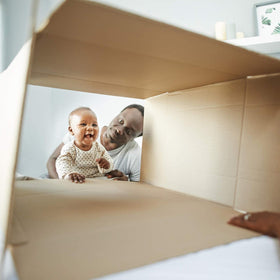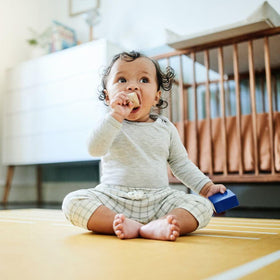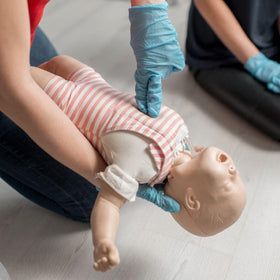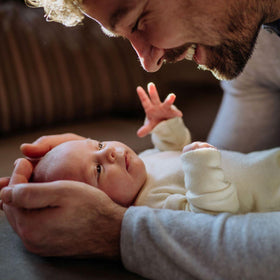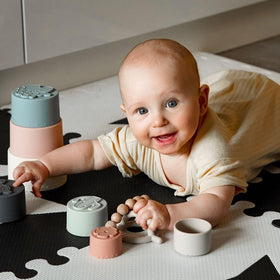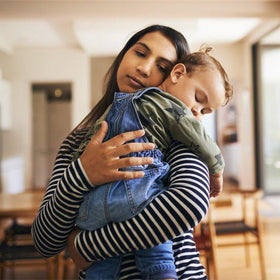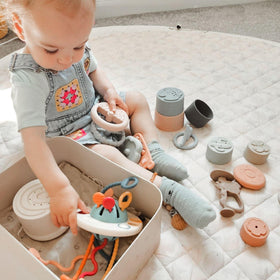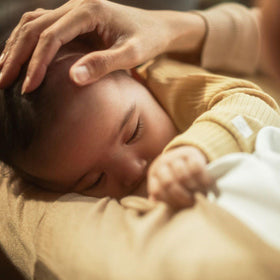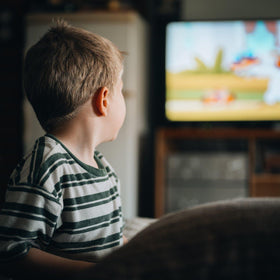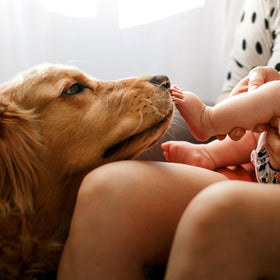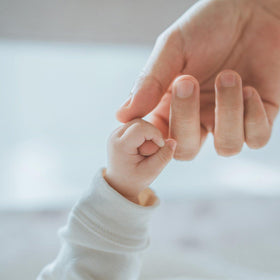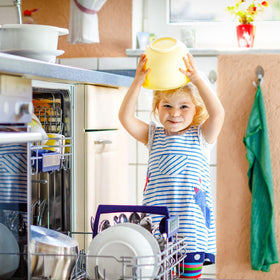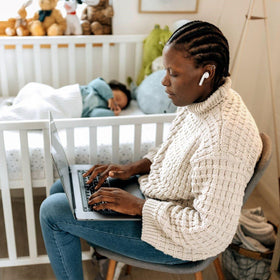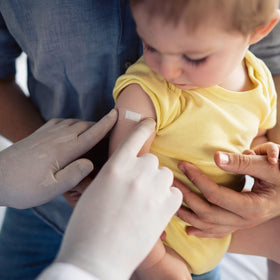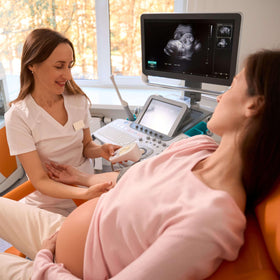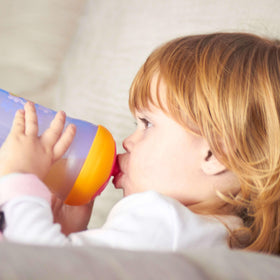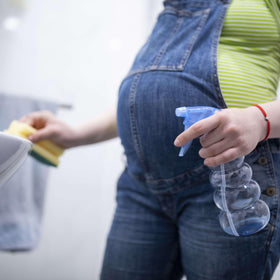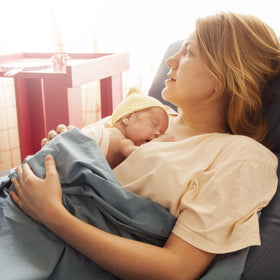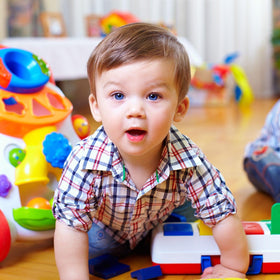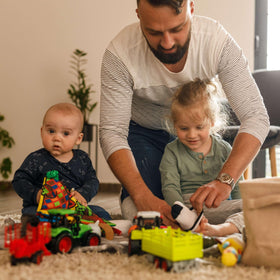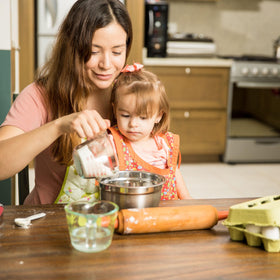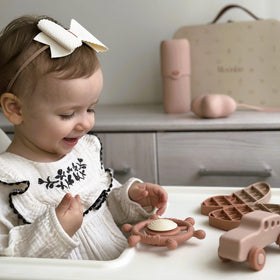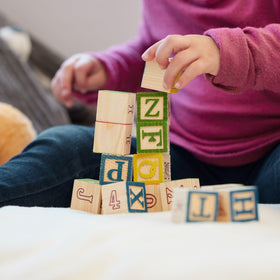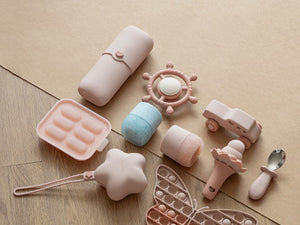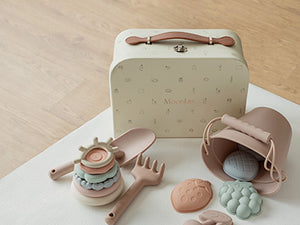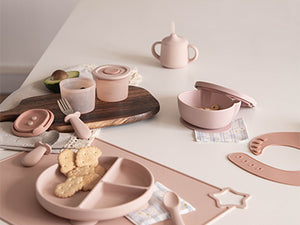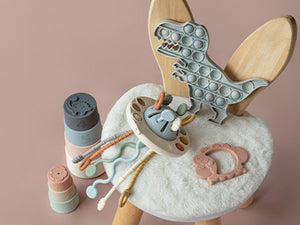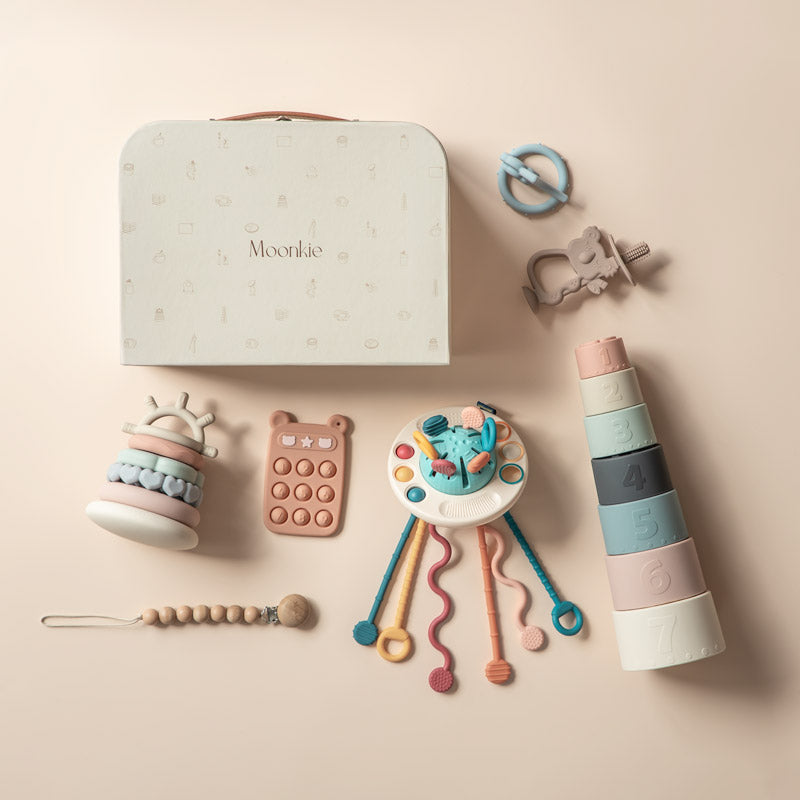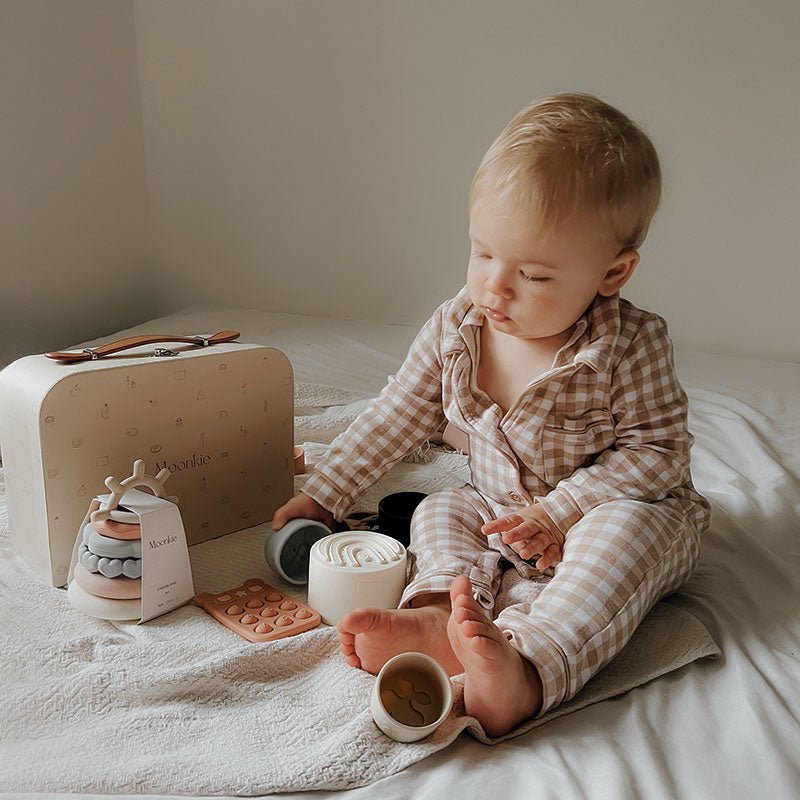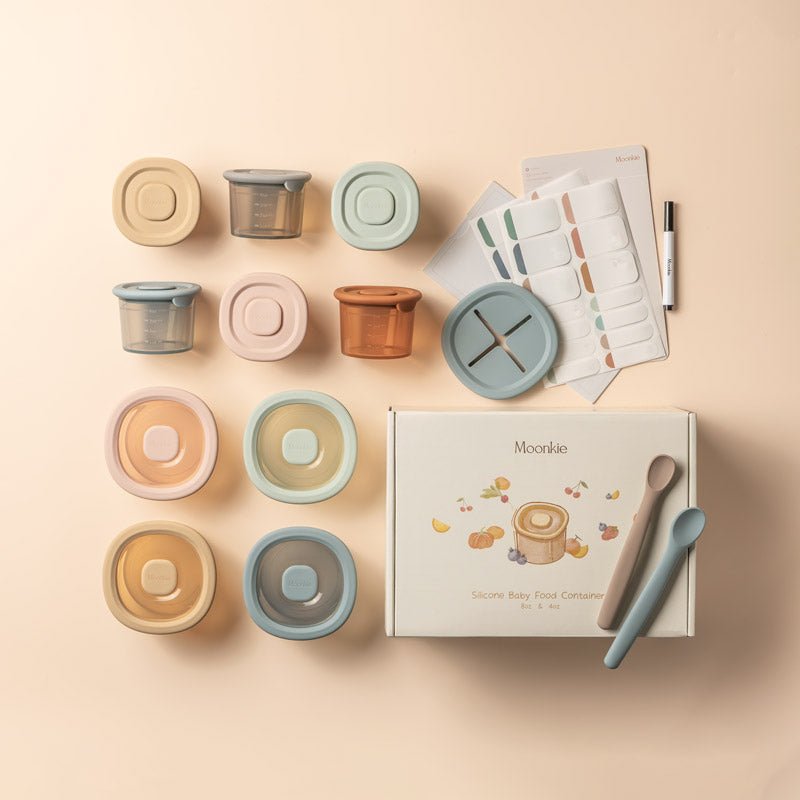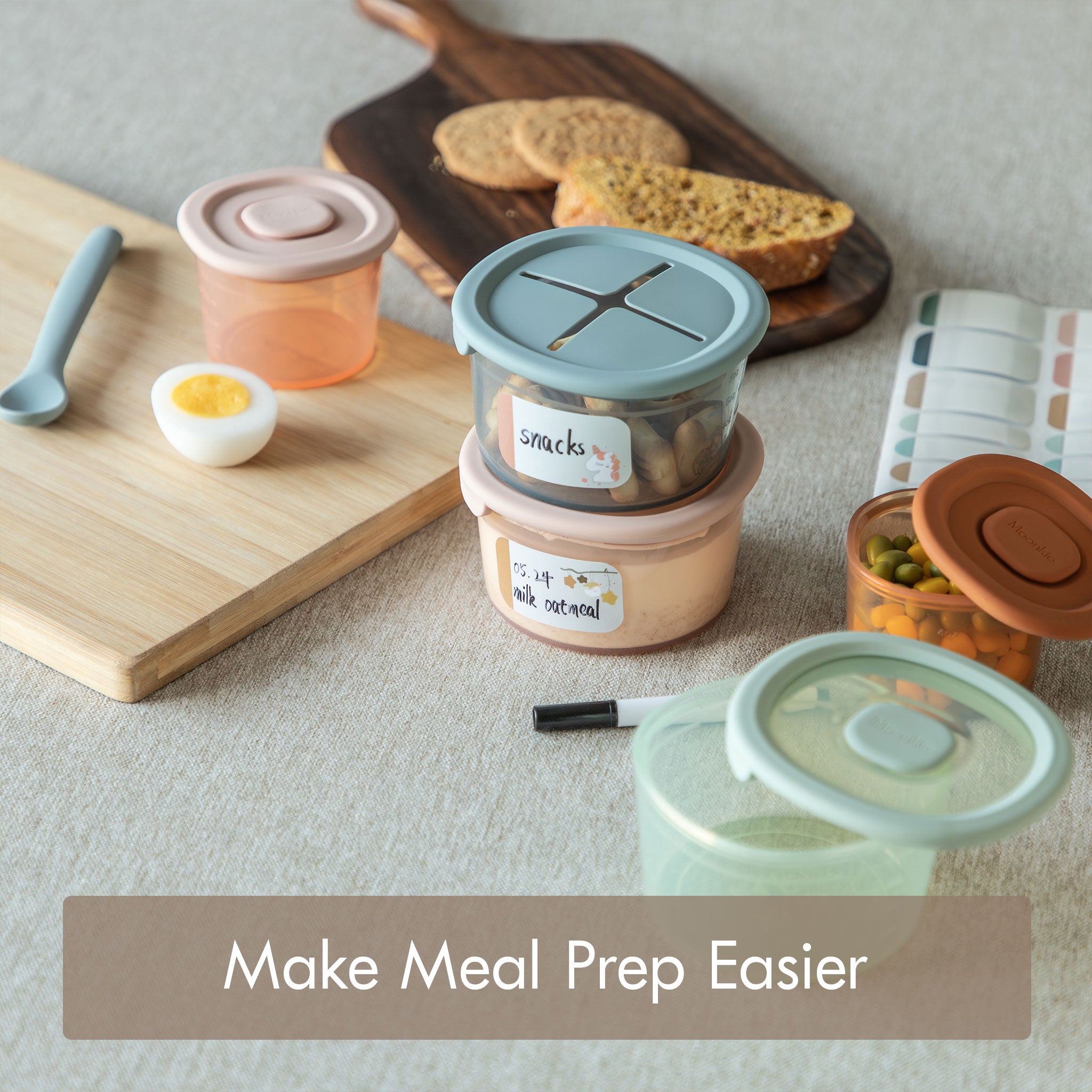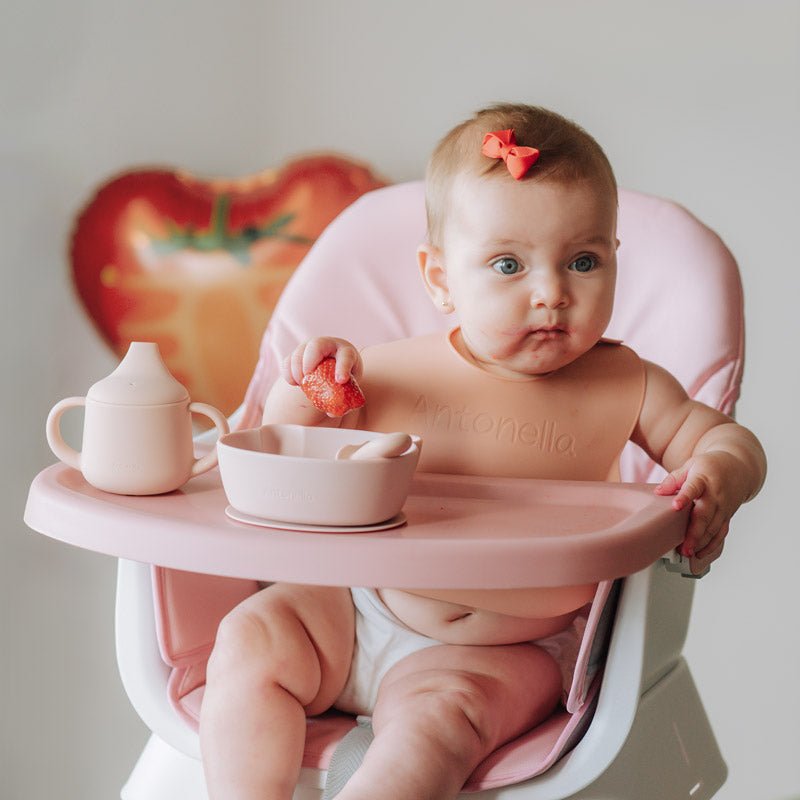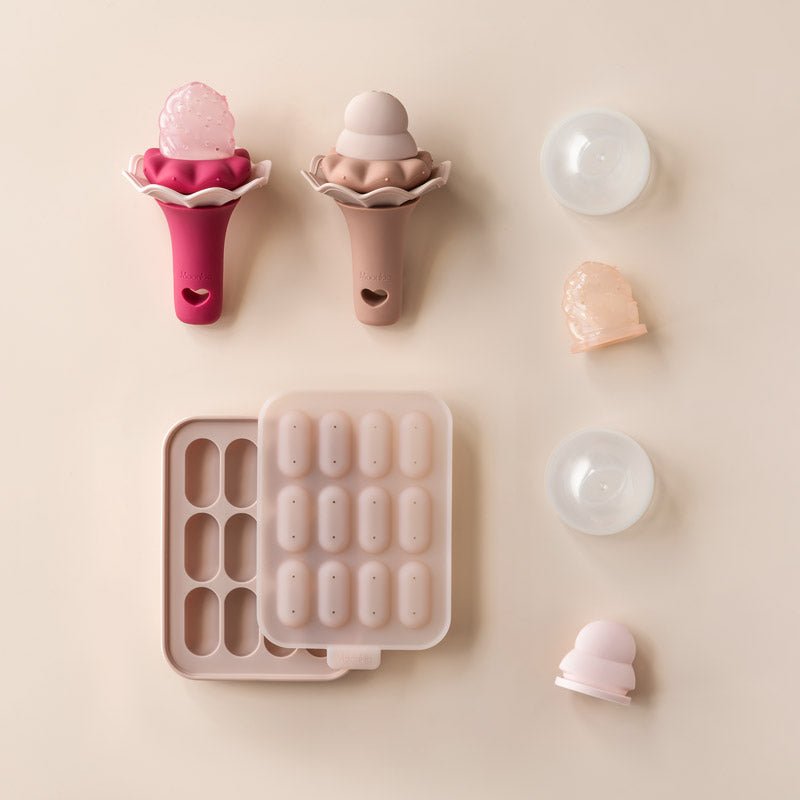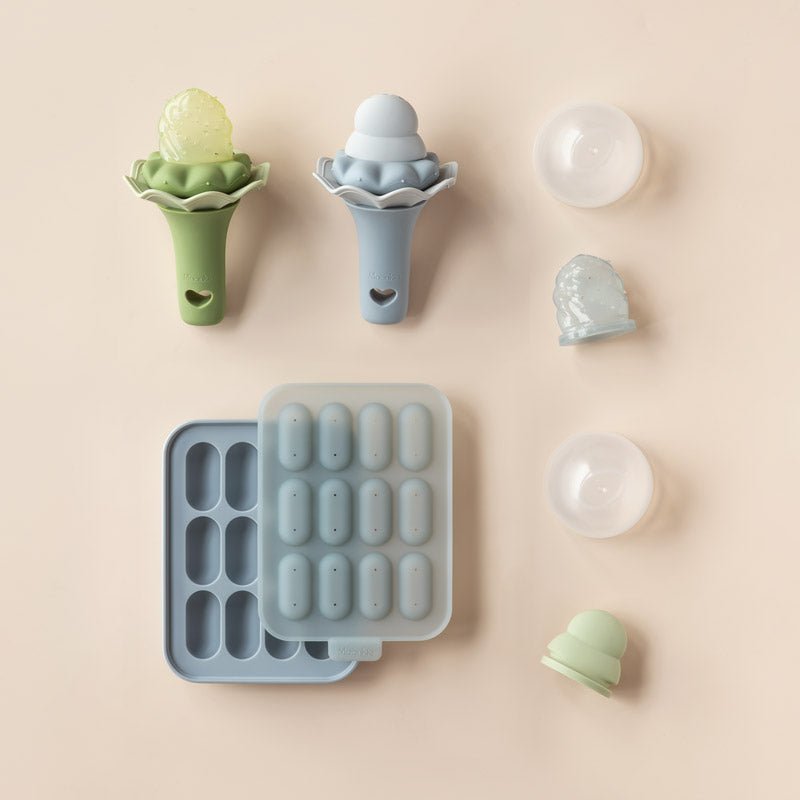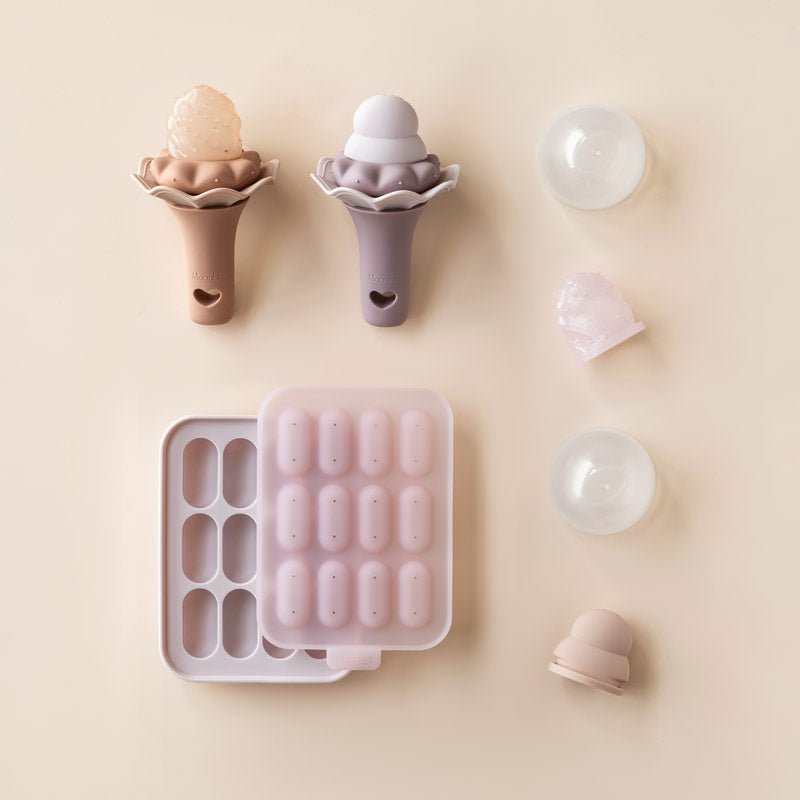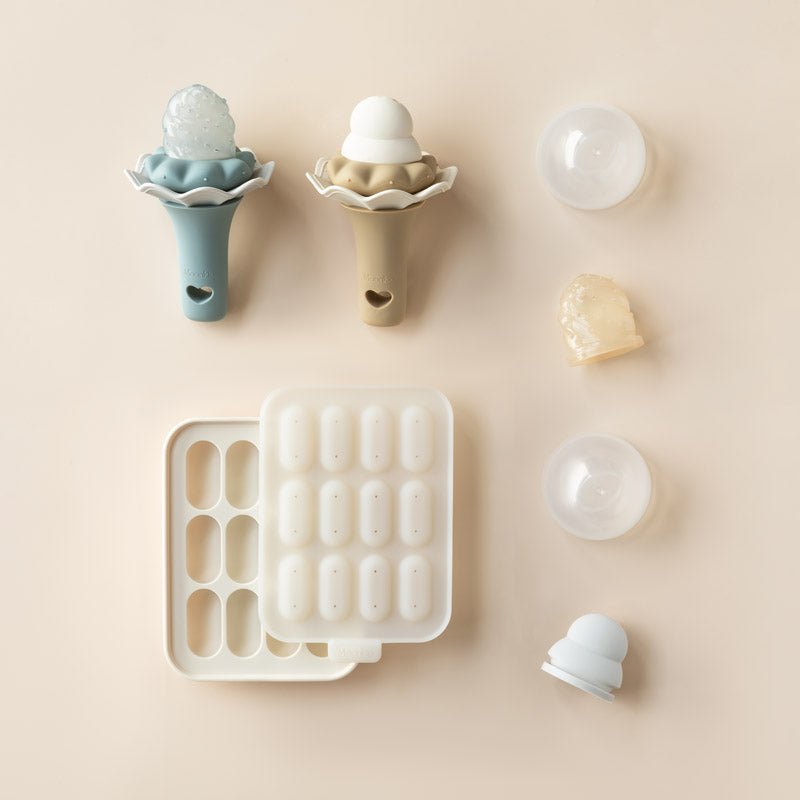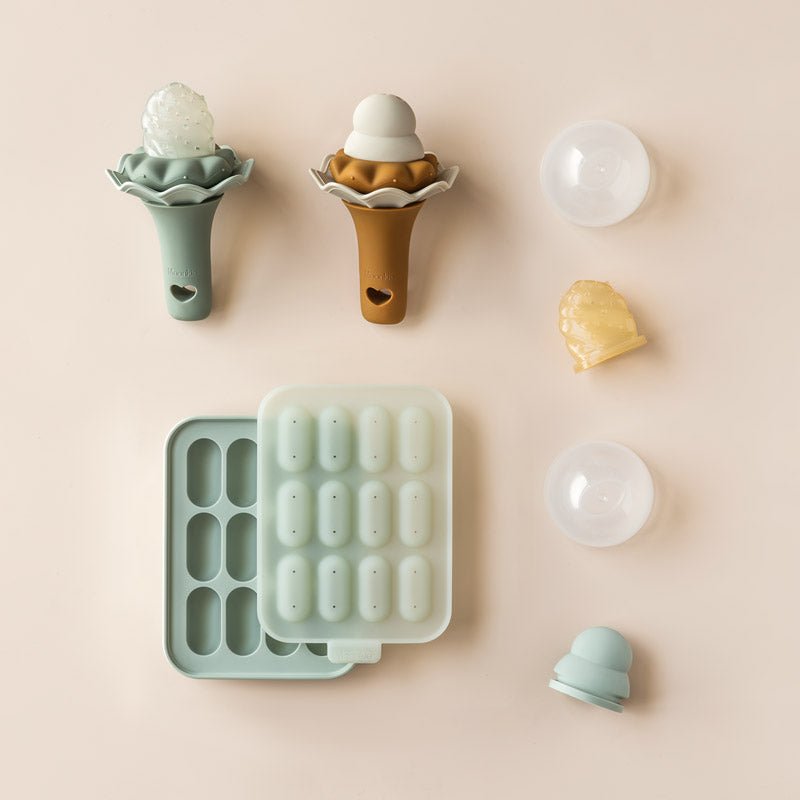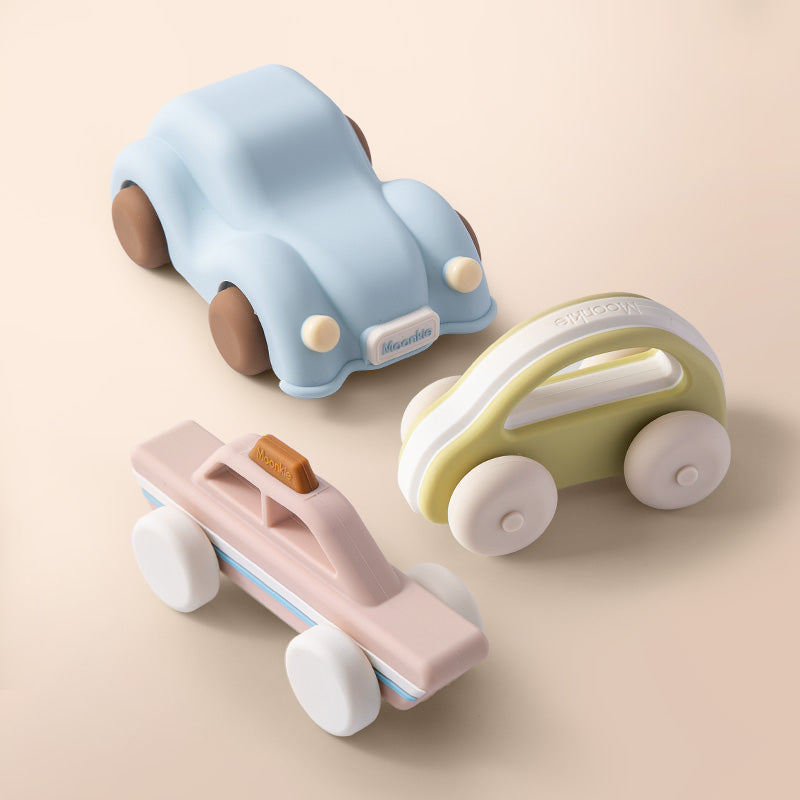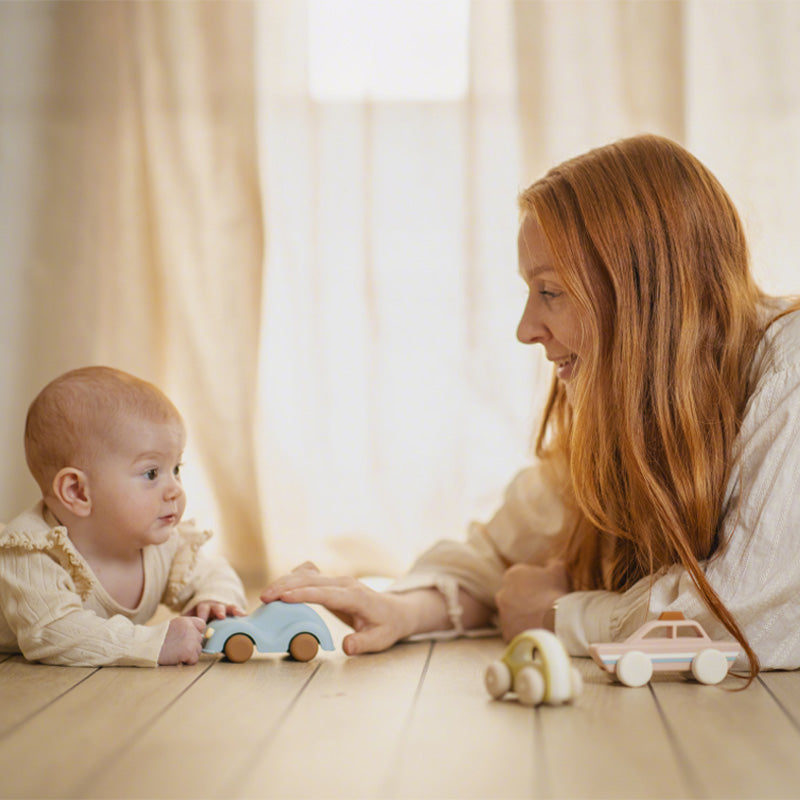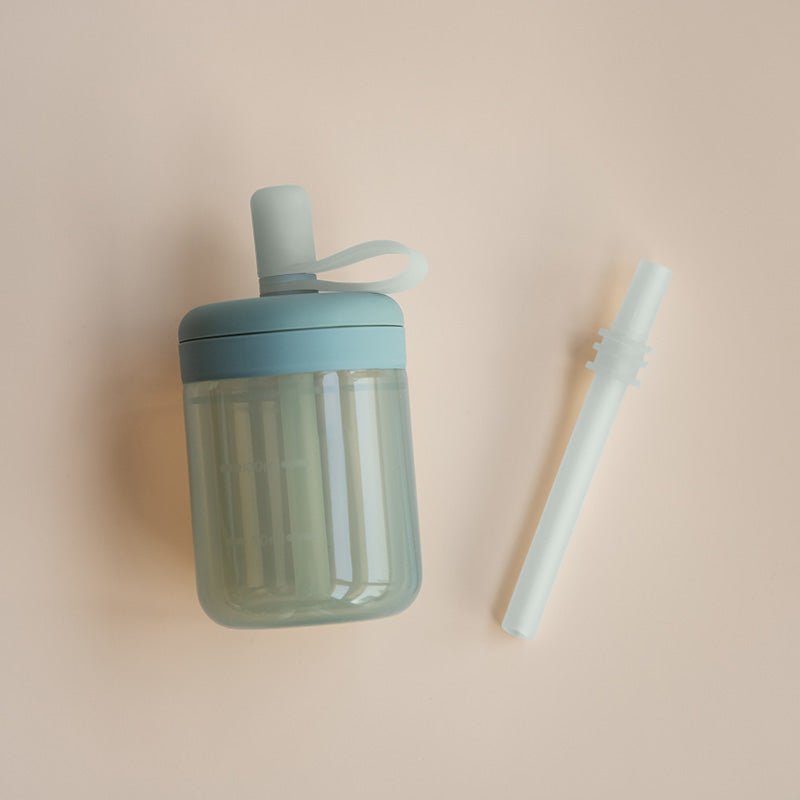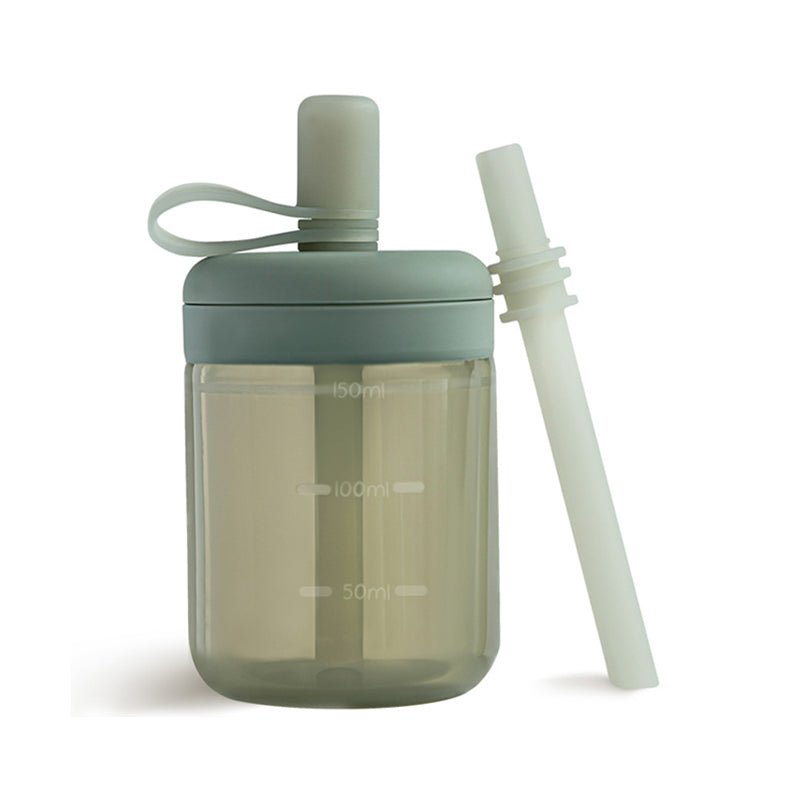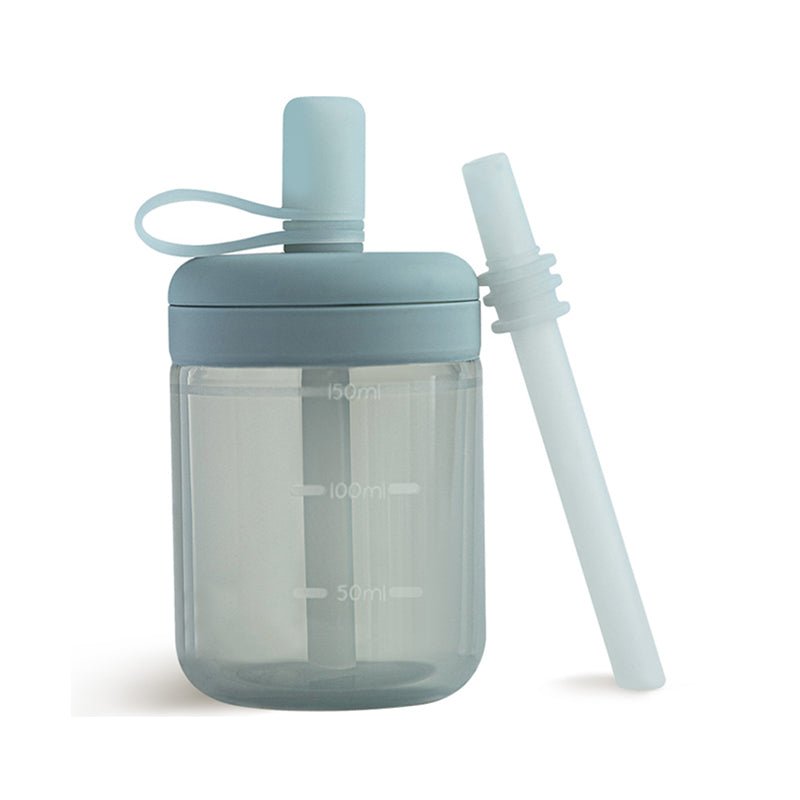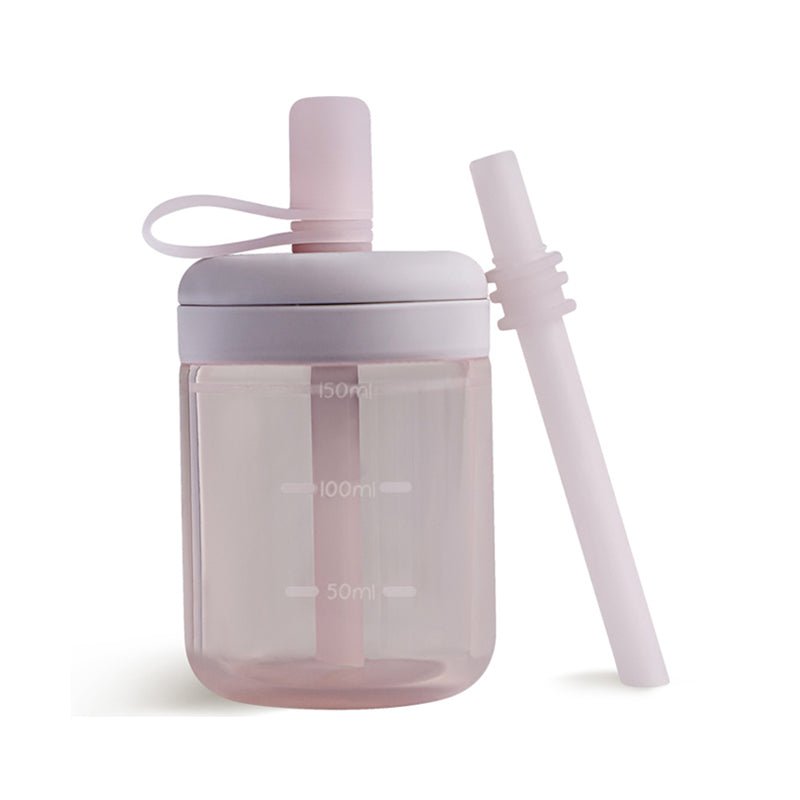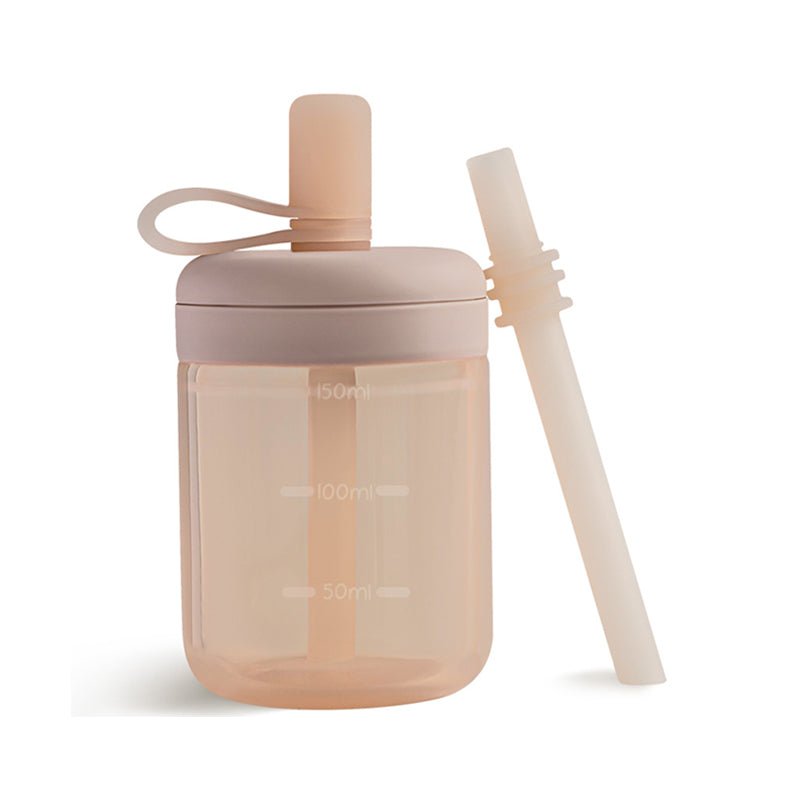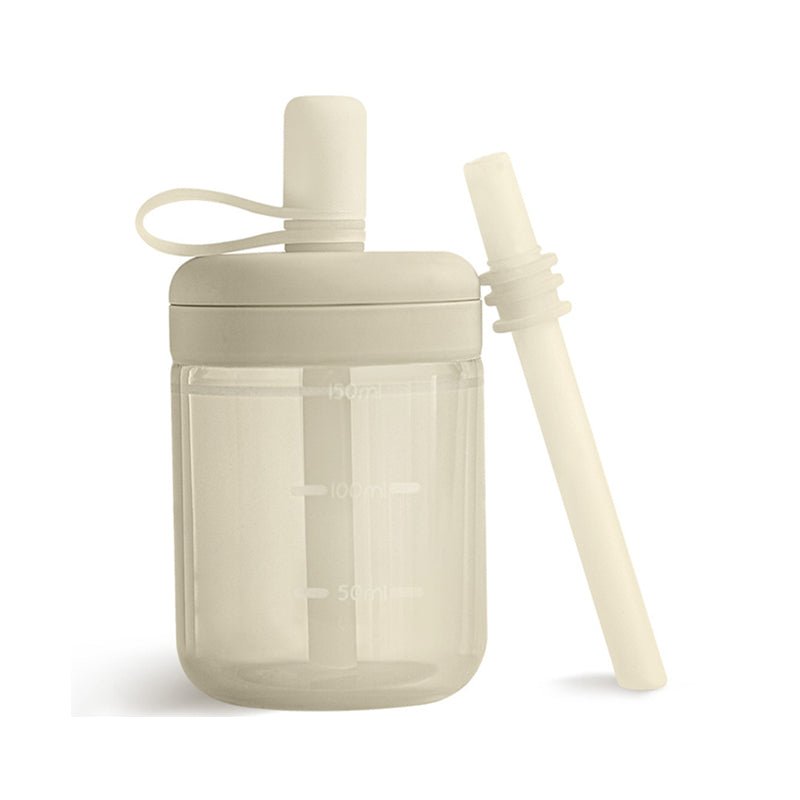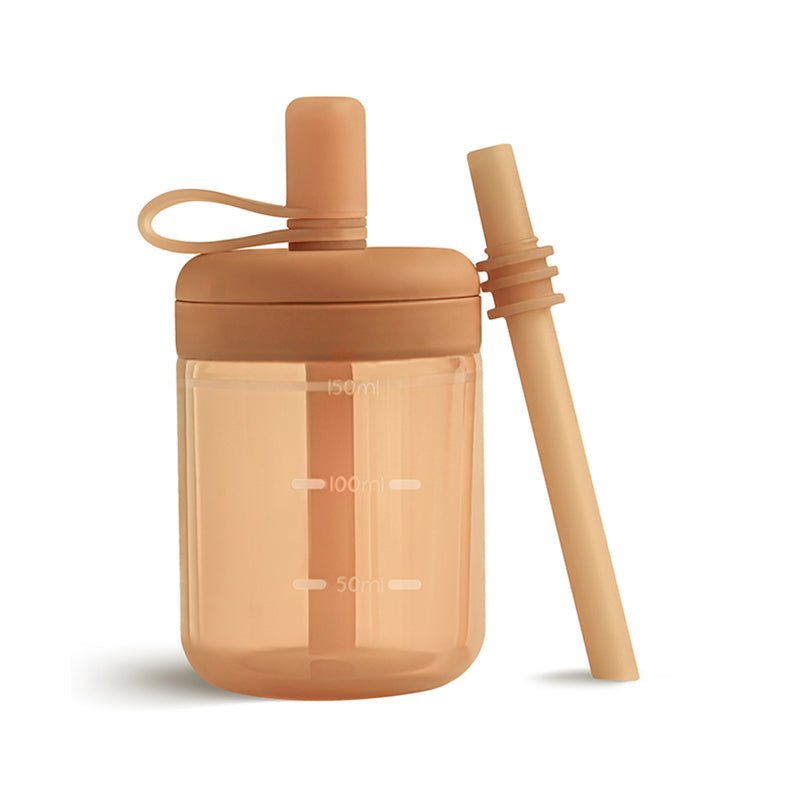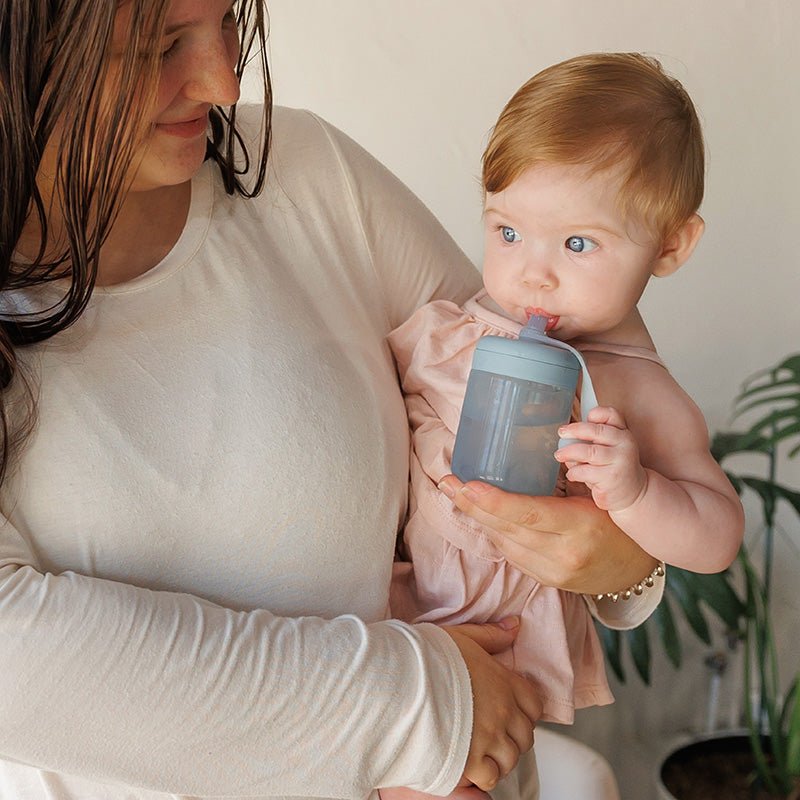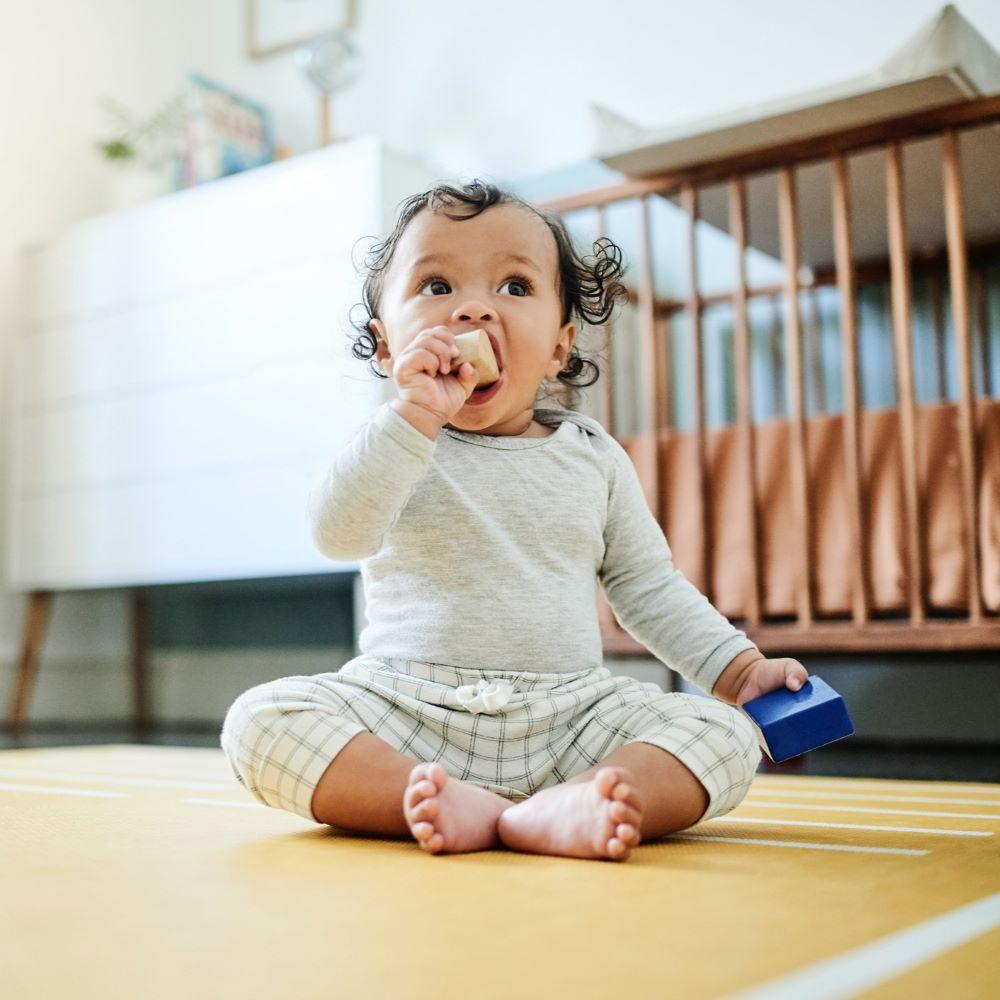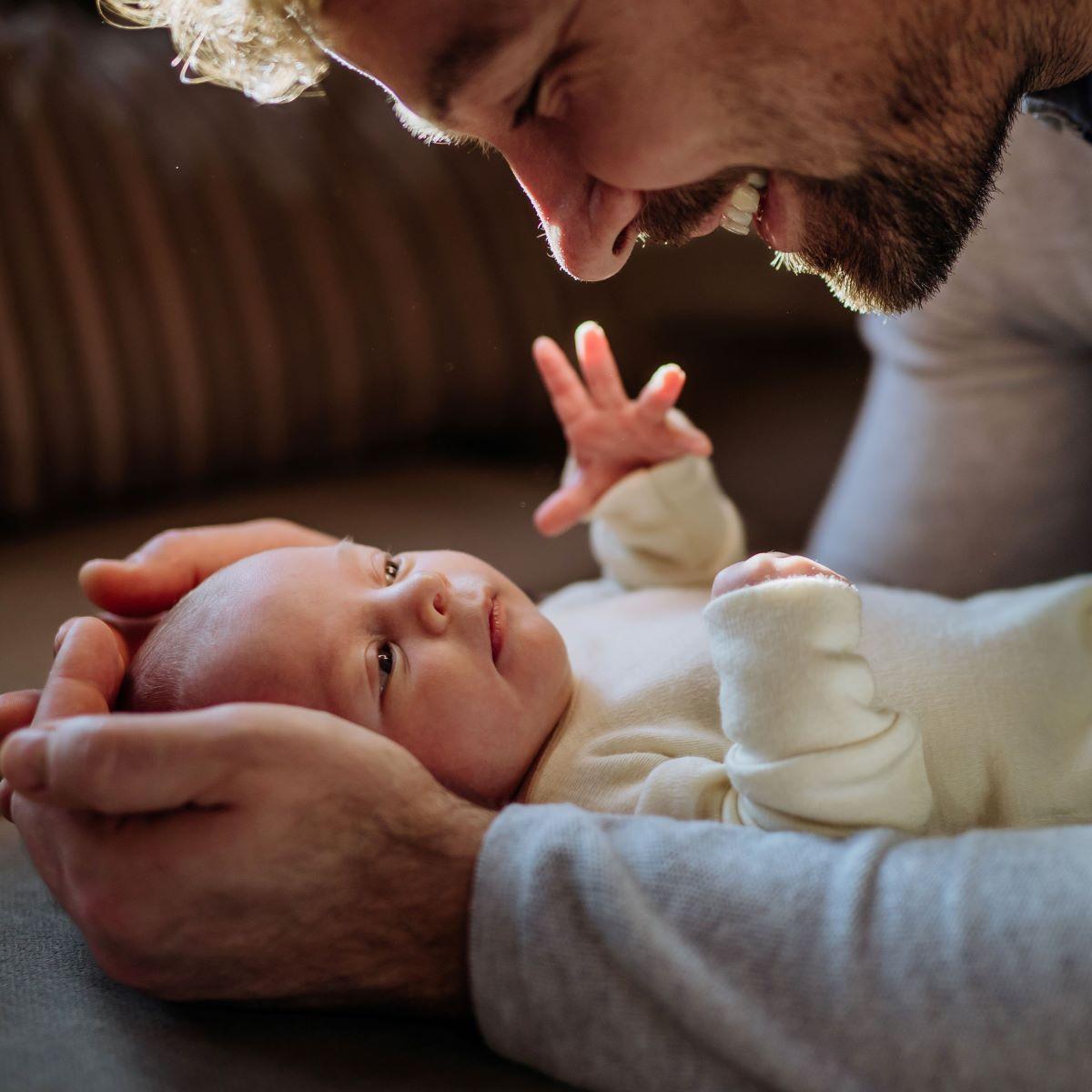
It is not wise to always wring your hands over the possibility of an emergency, but it is also not wise to completely ignore it. Asking questions about what to do in various emergencies to prepare yourself is a smart move.
Emergencies with a baby can happen for a variety of reasons. However, your actions to handle the situation will often involve staying calm, removing immediate threats, checking vitals, assessing the issue, and calling for help. Different situations call for different steps, but these are the basics.
By thinking ahead, you can make an emergency far easier to manage in the moment. I am not a doctor, so this article is not intended to provide medical advice. Ask your pediatrician or emergency personnel for specific medical advice in emergency situations.
When Emergency Preparation Is Essential
Life is precious, and it can be taken in seconds. Even living within minutes of a hospital does not ensure your little one's well-being in an emergency. In fact, how you handle the first few minutes of an emergency can massively influence the outcome. So, I believe preparation for emergencies is essential for everyone!
The best preparation for an emergency is always the prevention of one. However, it is not possible to prevent all emergencies. So, the next best preparation is educating yourself on what to do and stocking your medical kit with the right tools.
I live in a rural area about an hour away from the closest hospital with three young children. In a few short years, I have already faced emergencies due to RSV complications, spider bites, hard falls, cuts, allergic reactions, infections, and unresponsiveness from choking.
I don't have access to immediate hospital care and certainly don't have all the answers. But I do have enough experience to say that preparation is key! Go ahead and take that baby first aid course. Learn CPR, how to help a choking baby or child, and how to stop profuse bleeding.
Learning these things will give you peace of mind and help you stay calm in emergency situations. Do whatever you can to prepare yourself now to help your baby in possible emergencies! You will thank yourself for doing so if you ever find yourself living through one.
1. What Should I Do If My Baby Is Choking?
Before learning what to do when your baby is choking, you need to be aware of the ways your baby can choke. Newborns and babies unable to roll over can choke while lying on their backs and spit up or vomit.

At this stage, they can choke when there is too much liquid to swallow back down, and they cannot turn their head to get it out. This choking hazard is particularly dangerous because it can be nearly silent. I've had it happen twice as a parent, and I was sitting right beside the baby, answering emails both times!
Other choking hazards are food, toys, and small objects that get lodged in the throat, partially or totally blocking your baby's airway. If you can see the object, try to use your pinky finger to remove it. If you cannot see it, do not fish for it.
Emergency Care for Choking
If you think your baby is choking, check for the signs (source):
weak or no cough
pale or blue skin
high, squeaky noises or no sound
inability to cough or cry
a panicked, surprised, or confused look
Call 911 while positioning your infant face-down along your forearm as it rests on your thigh, keeping your baby's head lower than his body.
Give five firm, sound back blows between the shoulder blades with the heel of your hand. If that doesn't clear the airway, turn your baby face-up (with the head lower than the body) and give five quick chest thrusts in the center of the chest just below the nipple line and about 1.5 inches deep.
Consistently alternate between back blows and chest thrusts until your baby can cough or cry or becomes unresponsive. If your baby becomes unresponsive, lay him on a firm, flat surface and begin CPR.
If your baby is able to recover, encourage him to keep coughing and do not leave him alone. Situations like this are terrifying, and you may feel helpless. However, taking an infant CPR class is incredibly helpful!
2. When Is a Fever Dangerous for My Baby?
Fevers happen from time to time, but high fevers are dangerous. Many parents are unaware that a "high fever" for a newborn is much lower than a "high fever" for an adult.
A high fever varies by age:
Age |
Emergency Temperature |
0 - 3 months |
100.4°F or 38°C |
3 - 6 months |
102°F or 38.89°C |
6 - 36 months |
103°F or 39.4°C |
At less than 3 months old, a newborn should go to the ER if any of the following symptoms are present (source):
a temperature of 100.4°F or 38°C
inconsolable crying (that "I'm in pain" cry)
a stiff neck
difficult breathing, even after clearing the nose
inability to swallow and lots of drool
unable to wake up for long or at all
looking or acting very sick, even one hour after the age-appropriate dose of acetaminophen
At 3 months and older, your baby should go to the ER for a fever if (source):
the fever persists for more than 24 hours despite the age-appropriate dose of acetaminophen
the fever reaches 102°F before 6 months old or 103°F before 12 months old
burning or pain happens with urination
you see blood in pee or stool
you change no more than three wet diapers in 24 hours
your baby hasn't pooped in several days
your baby is vomiting most of her food or milk for more than 24 hours
your baby is struggling to wake up and stay awake
a rash appears and spreads
difficulty breathing persists after clearing the nose
How Can I Bring Down My Baby's Fever?
You can help reduce your baby's fever by dressing him lightly or stripping him down to a diaper. Giving him a lukewarm bath and encouraging him to drink lots of fluids is crucial for hydration and breaking the fever.
You can also try giving your baby the age-appropriate dose of acetaminophen. But, ask your pediatrician for the right dosage if your baby is above or below the average weight for his age or is younger than three months old.
Another nifty trick is placing cool washcloths on the forehead, wrists, and groin. These areas are easier to cool because the blood vessels are close to the skin's surface (source).
3. What Are Signs of Dehydration In an Infant?
Dehydration is particularly dangerous for infants because they lose fluids faster than adults. When dehydrated, babies can lose the electrolytes they need for normal bodily functions. Moreover, vital organs need proper hydration to avoid complications (source).

Signs of dehydration are (source):
3 or fewer wet diapers in a 24-hour period
dry mouth
color taking longer than three seconds to return to a pressed spot on the limbs
a sunken soft spot on the head
no or few tears when crying
being lethargic or irritable
If your baby shows any of these signs, take her to the ER. Dehydration is serious and sets off a rapid domino effect of medical issues.
How Can I Be Sure My Baby Stays Hydrated?
Your baby cannot tell you when she is thirsty, so how can you ensure she gets plenty of fluids? Feed her breast milk or formula when she is hungry until she is at least six months old. After that, offer water for every meal and throughout the day (every hour or two).
Newborns eat every 2 to 3 hours, even overnight. Over time, your baby will space out her feedings. She is likely hydrated as long as she keeps fluids down and gives you more than three wet diapers in 24 hours.
As always, express any concerns you have with your pediatrician.
4. How Can I Recognize an Allergic Reaction in My Baby?
Foods, insect bites or stings, and medications can all trigger an allergic reaction in your baby. Recognizing an allergic reaction starts with distinguishing an acute allergic reaction from anaphylaxis.
An acute allergic reaction can involve one or more of the following symptoms within minutes to an hour after exposure to the trigger (source):
Area |
Symptoms |
Skin |
hives, redness, itching, swelling |
Mouth |
itching, swelling lips, swelling tongue |
Throat |
itching, hoarseness, tightness, closure |
Gut |
vomiting, cramps, diarrhea |
Lungs |
wheezing, coughing, shortness of breath |
Heart |
dizziness, weak pulse, passing out |
On the other hand, anaphylaxis or anaphylactic shock involves symptoms that hit quickly and, left untreated, may become fatal. Anaphylaxis typically causes a swollen face and lips and breathing problems from a swelling throat (source).
If you suspect anaphylaxis, call 911 right away; it requires urgent treatment.
Spider Bites
If you suspect a spider bite, check your baby all over for the bite itself. How it looks and how your baby acts may tell you whether the spider is poisonous.
For example, a nonpoisonous spider bite typically results in a slightly painful red bump, like a bug bite. However, a poisonous spider bite may cause severe pain, nausea, vomiting, muscle cramps, lethargy, or a circle around the bite (source).
If you think a poisonous spider bit your baby, seek medical attention right away. If it appears to be a nonpoisonous spider bite, keep a close eye on your baby and inspect the bite often. You may even let your pediatrician know and ask for specific advice.
Ask your pediatrician for a chart of common spiders in your area and action steps to take in case they bite your baby.
5. What Should I Do If My Baby Has a Seizure?
A baby having an epileptic seizure may collapse, making sudden jerking movements. Froth may also work up in the mouth. In such cases, move stuff away from the baby and put a blanket or something soft around his head to protect it. Do not try to hold the baby still (source).
After the seizure, rest the baby on his side with his head tilted back slightly to keep his airway clear for breathing. If this is your baby's first seizure, it lasts longer than five minutes, or your baby seems to be hurt, call 911 (source).
However, not all seizures are obvious--some can be subtle. Here are four types of seizures babies may have (source):
Seizure Type |
Symptoms |
Subtle seizures |
|
Tonic seizures |
|
Clonic seizures |
|
Tonic-clonic seizures |
|
If you think your baby has had a seizure, call your pediatrician—even if your baby recovers just fine. Your pediatrician can provide you with more information specific to your little one.
6. What Should I Do If My Baby Is Struggling to Breathe?
Call 911 or go to the ER if your baby is struggling to breathe, gasping for breath, showing bluish lips or face, or having difficulty crying. While waiting for help, stay calm and hold your baby upright. Check for anything blocking your baby's airway (source).

If mucus is the problem, run the shower for steam to loosen it so you can suck it out with a nose bulb. Or use saline spray and a NoseFrida. Cupping your hand as you pat your baby's back will help loosen the mucus further down so your baby can cough it up.
However, if your baby's head is pulling or the sides above the belly and the trachea are sucking in with each breath, your little one is laboring to breathe through restricted airways and requires medical assistance.
Letting labored breathing go too long (even if you are able to clear the mucus fairly well) may result in exhaustion, which is incredibly dangerous for babies and newborns.
To learn more about caring for your baby at home (and when you should go to the ER), read 15 Questions First-Time Parents Ask About Common Illnesses and Their Baby.
7. What Should I Do to Care For a Burn on My Baby's Skin?
As soon as the burn happens, run cool water over the burnt area for about 5 minutes. Then, cover it well with a clean, dry bandage. If your baby is old enough, give him the age-appropriate dose of acetaminophen to help alleviate pain (source).
Burns need to be washed once a day to prevent infection. Use mild soap and water to gently clean the area for your little one. Please don't use alcohol or hydrogen peroxide; these sting and can slow healing (source).
A medical professional should treat burns that are more serious than a minor burn or become infected. Serious burns ought to be treated in the ER.
Ask your pediatrician about ointments or aloe vera for your baby's burn. Though these work for you, some can harm a baby when ingested. Your pediatrician will be able to recommend something safe for your baby.
8. What Should I Do If My Baby Gets Something Stuck in a Nose or Ear?
Generally speaking, you shouldn't try to pull out an object stuck in your baby's nose or ear unless you know you can get it easily. The risk is accidentally pushing it in further, which drives up the chances of surgical removal.
In any case, stay calm and soothe your baby. Getting worked up will likely make things worse. Never use tweezers, cotton swabs, or sharp objects to remove the object because a sudden movement could injure your little one.
If a bug is in your baby's ear, you may be able to flush it out with warm water in a syringe. Tilt your little one's ear down and flush the ear gently with water. If the bug doesn't come out, go to the emergency room.
Small, hard objects lodged where you can see them in your baby's nose can maybe be removed by a "mother's kiss." This is where you put your mouth over your baby's mouth, block the unblocked nostril, and blow gently into your baby's mouth. Only try this once to avoid upsetting your baby. It will not work with soft, squishy objects (source).
In cases where your baby has managed to get a battery stuck in her nose, ear, or throat, go to the ER immediately--even if your baby appears totally fine. The risk is a chemical burn that does rapid damage. Button batteries are incredibly dangerous because they are easy to swallow and react with saliva (source).
9. What Should I Do If My Baby Ingests Something Harmful?
Despite all your baby-proofing efforts, your little one may find something harmful to swallow. In such cases, remain calm and take your baby to the ER.
Different chemicals will have different effects, but cleaners, detergents, fragrances, perfumes, bug killers, weed killers, and car fluids are all dangerous when ingested.
If your baby ingests something you are unsure about, call Poison Control. They have plenty of resources at their fingertips to tell you whether you need to go to the ER or explain how to care for your child at home.
One surprising substance your baby needs to avoid under a year old is honey. You can read about that danger and more in 25 Common Household Things that Are Toxic to Your Baby.
10. What Should I Check For When My Baby Falls and Hits His Head?
Before you pick up your baby, quickly note whether there are signs of trauma. If none present themselves, pick up your baby, comfort her, and keep an eye on her for any odd behavior or tenderness.

However, if your baby shows any of the following, call 911 or go to the ER (source):
loss of consciousness
bleeding from the nose, ears, or eyes
uncontrolled bleeding
vomiting
swelling from the soft spot at the top of the head
seizures
bruising or swelling along the head (possible skull fracture)
signs of broken bones
inconsolable crying
difficulty waking from a nap soon afterward
strange, sluggish behavior
How to Control a Baby's Bleeding
In cases where your baby is bleeding, take clean gauze or a non-fluffy towel, cover the wound, and hold it firmly. If you see something in the wound, don't pull it out; it may be plugging some of the bleeding. Just put pressure on both sides of the object to push the edges together and slow the bleeding (source).
At this point, call 911 or have someone call for you. Firmly secure the gauze with a bandage to keep pressure on the wound (tight enough to apply pressure but not tight enough to restrict blood circulation). Replace the gauze if blood soaks through it.
Blood loss can cause a baby to go into shock. In such a case, loosen any tight clothing and keep the baby warm with a blanket. If the baby becomes unresponsive before help arrives, prepare to administer baby CPR (source).
How Do I Handle a Bone Break?
Do not move the broken bone unnecessarily. Instead, put soft padding like blankets or clothing around the broken limb to keep it in line. Don't force this position (source).
Call 911 or take the baby to the ER, supporting the broken bone until help is available. It may be possible to use a makeshift splint for your baby, but it's possible that tying on a splint will cause more upset.
11. What Are the Signs of Colic, and When Should I Be Concerned?
Healthy babies who cry more than three hours a day for three or more days a week may have colic. Colic is more likely for babies a few weeks old to four months old (source).
Signs of colic include (source):
refusing to be soothed or settled
holding fists clenched tight
bringing knees up to the belly
arching the back
having a red face
having a rumbly belly
having lots of gas and burps
Let your pediatrician know that you suspect colic. He or she will ask you questions about diapers, food, frequency of eating, and more. A physical examination will also rule out other issues that could cause such upset.
You should be concerned about colic and go to the ER if your baby is unable to keep food down, has three or fewer wet diapers in 24 hours, has diarrhea, has bloody stool, or struggles to breathe.
12. What Are Signs of Respiratory Infection in My Baby?
Keeping babies away from the cold virus is seemingly impossible, and unfortunately, the common cold can quickly morph into a respiratory infection, especially for newborns.

You can largely mitigate the risk of infection by keeping your baby's nasal passages clear with saline spray and a NoseFrida, but you should seek treatment for your little one if signs of a respiratory infection come up.
Call your pediatrician for an appointment if your baby shows signs of an upper respiratory infection (source):
a runny nose or mucus blocking nasal passages
congestion
a mild fever under 100°F
a cough
poor feeding
a rash from fever
Go to the ER if your baby has any of the following symptoms (source):
pulling the head and sucking in the sides and trachea to breathe (labored breathing)
fast or hard breathing
fewer than three wet diapers in 24 hours (likely from struggling to eat through mucus)
fever over 100.4°F before 3 months old, 102°F before 6 months old, or 103°F before 12 months old
a fever lasting more than a day
a deep, rattly, wet cough that your baby struggles with
a weak cry or cough
lethargic behavior
difficulty waking
unwillingness or inability to eat
pauses in breathing for more than 10 seconds
Infections caused by viruses cannot be treated with an antibiotic. Your pediatrician will teach you how to manage symptoms until the infection passes. However, nasty bacterial infections can be treated with antibiotics, so your little one can get some aid if needed to recover.
RSV is particularly dangerous yet common among small children and babies every year. Learn more about how to identify it, how to handle it, and what to expect if your little one is hospitalized with it in When It's More Than a Cold: RSV in Babies and Toddlers.
13. What Should I Do If My Baby Begins to Drown?
If your baby begins to drown, act fast. Immediately remove him from the water and lay him on his back on a firm surface. Tilt his head back slightly to open his airway, pinch his nose shut, and give five rescue breaths (blow into his mouth until his chest rises and remove your mouth until his chest falls) (source).
If he is not breathing, start infant CPR and call 911. When your baby becomes responsive (coughing, opening eyes, making a sound, breathing, etc.), roll him onto his side to keep his airway clear and cover him with a blanket or clothes to keep him warm. Stomach contents will likely come up (source).
Take your baby to the hospital to be checked out, even when you successfully rescue him. Damage from lack of oxygen can happen in such a short time.
14. What Should I Check My Baby For After a Minor Car Accident?
Immediately after the car accident, get your baby to a safe place. Quickly check your baby for signs of injury and soothe her. If your baby appears to be okay, keep a close eye on her--internal injuries are not easy to see.

Schedule an appointment with your pediatrician to get her checked out soon after the accident. Even fender benders can jar a little one.
If your baby shows any of the following after the accident, take her to the ER or call 911 (source):
vomiting
inconsolable crying
trouble breathing
unconsciousness
confusion or being unaware of surroundings (dazed)
unable to wake up
In the hours and days after the accident, your baby may exhibit some emotional consequences, like an abrupt change in behavior, excessive restlessness and irritability, or intense reactions to loud sounds. Tell your pediatrician about these struggles, and spend extra time holding and reassuring your baby (source).
15. What Should I Keep In an Emergency Kit for My Baby?
Take it from a mother of three who lives an hour away from the nearest hospital: an emergency kit is essential! Keep an emergency kit well stocked with first aid basics and lifesaving tools for common illnesses and infections.
The following list covers the fundamentals of any baby emergency kit, but add more items that suit your area. For example, I live in Tornado Alley, so I have extra bandages, water, snacks, blankets, baby utensils, and shelf-stable baby food in our storm shelter (you know, in case a tree traps us in there for a few hours...).
baby first aid manual
nose bulb or NoseFrida
saline nose drops
infant acetaminophen
rectal thermometer
sterile gauze and cotton balls
bandaids
vet wrap
scissors
antibiotic cream
alcohol wipes
Aquaphor or petroleum jelly
Vicks BabyRub
baby manicure kit
2 blankets
extra burp cloths
diapers and wipes
2-3 changes of clothes
16. How Do I Handle an Emergency Situation While Traveling with My Baby?
The best way to handle an emergency is to prepare for it ahead of time. Educate yourself on baby CPR and first aid, pack a well-stocked emergency kit, and think through what you would do if various scenarios happened.

Travel emergencies are tough because you likely don't have your first aid stuff available and handy, even if you packed one. So, your first move should be to quickly evaluate your surroundings and--obviously-- remove your baby from immediate danger or secure the area.
Then, assess your baby's problem and take the steps necessary to help. Ask someone nearby to call 911 if necessary. Most importantly, stay calm! Freaking out will not help your little one.
In a Nutshell
No one ever wants an emergency situation to happen, but they come out of nowhere from time to time. Moms, you are not crazy for thinking of all the things that could go wrong; it's part of surviving and thriving!
That is why it's crucial to study up on infant first aid and prepare a kit ahead of time! Infants are so tiny, and administering emergency care to them is intimidating, but your immediate actions could make a huge difference in the outcome.

